KARACHI, July 18: People’s grievances against private hospitals in the city as well as some other parts of the province are on the rise as there are no legal provisions for regulation of the institutions that would make them answerable for their alleged unethical practices.
Sources in the Sindh health department said that some enthusiasm for regulation of the business of private hospitals, clinics and diagnostic centres running across the province was seen during the period of the Pakistan Muslim League (Q)-Muttahida Qaumi Movement coalition government in the province, but now, no one in power seemed interested in enacting laws that would regulate private health set-ups and give necessary relief to the public.
It is said that the department was quite close to getting the set of relevant laws enacted through a government ordinance in mid-2007, but all hopes have vanished now as the legislation to regulate private health concerns has become a “more sensitive issue.”
According to insiders, those who used to lobby in the government against proposals regarding regulations of hospitals are now holding such effective positions in the new political set-up that the health department cannot afford to go against their will.
Cases of negligence
In the meantime, the Sindh health department has constituted two inquiry committees to look into alleged unethical practices and negligence reported by patients or their relatives in the case of two old private hospitals in the city.
A medical board has been constituted on the request of the police, which had lodged a case against a hospital located in the Garden area on the complaint of a man, who claimed that his daughter was admitted to the hospital in question for the delivery of a baby a couple of weeks ago, where a lady doctor removed her uterus without permission or instruction and thus put the woman’s life in danger.
The police had urged the health department to constitute a medical board to give an opinion on the basis of medical reports and a medical check-up of the reported victim to finalise the investigation.
In another notification, the authorities in the health department ordered an investigation following the complaint of a man who said a gynaecologist at a private hospital on M.A. Jinnah Road had mishandled the delivery case of his wife some two weeks ago. He said it was due to the carelessness of the doctors and the management that not only did the clinical death of his newborn baby occur, but his wife had also been made unable to conceive.
‘Unable to take action’
When contacted by Dawn, the Secretary of the Sindh Health Department, Shafiq A. Khoso, said that he had been receiving complaints against private hospitals in the province, but was unable to take any action directly against them or check the working of private hospitals on a regular basis.
“What I can do at the moment is constitute committees, get the findings and send those officially to the hospitals, requesting them either to see the health officials or address the patient’s grievances,” the secretary said, adding that he could not go beyond this in the available framework.
Replying to a question, Mr Khoso said that a file pertaining to draft legislation, which was prepared by the health department and approved by the then chief minister of Sindh about a year-and-a-half back, had been retrieved by the health department and he would soon be consulting the secretary of the law department so that laws on hospital could be enacted by the legislators.
Half-hearted attitude
A source in the health department further said that a draft ordinance to ensure safe operation of private sector health-care institutions, including teaching hospitals and charity health-care providers, and to check unethical practices, was forwarded to the Sindh Governor’s House in the first quarter of 2007 for proper promulgation, but it was due to the half-hearted attitude of the bureaucracy both in the health department and the Governor’s House, that things could not materialize in the due course of time.
At least two provincial ministers and some senior officials had stated on record in the previous government that there was a dire need to have some legal provisions for regulation of private hospitals as the majority of them were a great source of concern for patients as well as their relatives.
At one stage – as reported earlier in Dawn – Syed Sardar Ahmad, who was health minister at the time, had confirmed about nine months back that a revised draft ordinance pertaining to regulation and control of private hospitals, which was approved by former chief minister Dr Arbab Ghulam Rahim in January, 2007, was with the Governor’s House.
It should be recalled that Arbab Rahim had asked the health department to prepare documents for the enactment of appropriate laws for proper regulation and control of hospitals in June 2004. High-ups in the health department and the Governor’s House, too, gave favourable views about regulation and control of private hospitals on various occasions.
The draft ordinance envisaged the establishment of an accreditation and licensing authority for regulating private hospitals, clinics, laboratories, physiotherapy centres, pathologists, nursing homes, maternity homes, diagnostic clinics and other health providers, including hakeems, operating in the province.
According to the draft ordinance, the headquarters of the authority was to be located in Karachi and was to be headed by a chairman, nominated by the chief minister. The legislation also aimed to pave the way for the aggrieved quarters to move against any private health centre involved in fleecing the public.
In addition to giving accreditation to health providers in the private sector, the licensing authority could also have made inspections – in checklist form – by medical auditors and sought any medical information from a health provider, along with making regulations.
Among other objectives, the legislation also sought to eliminate quacks and so-called faith healers by making prior permission from the authority mandatory to practise at any health centre in the province.
According to hospital circles, the ordinance could not be enacted in a timely manner as some powerful quarters had reservations over a clause pertaining to the nomination of the chairman of the licensing authority. “There was an opinion that the power to nominate the chairman should not rest with the chief minister but the governor,” it was further stated.
Giving details of the draft ordinance in question, a source said that the government, through the ordinance, would be able to set rules for classifications of health providers according to the services they have been providing to the patients or people coming for treatment or diagnostic purposes, and to define the minimum safety standards for running a hospital.
The ordinance also aims at laying down standards/rules for ethical medical services, provision of medico-legal facilities in private hospitals and improving the handling of patients at such hospitals and clinics.
“Any immediate promulgation of the ordinance or enactment through parliament will also enable the provincial health department to determine a standard of fees/charges payable for services provided by the clinics and hospitals,” said the source.














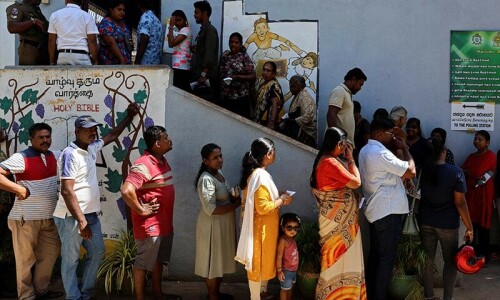





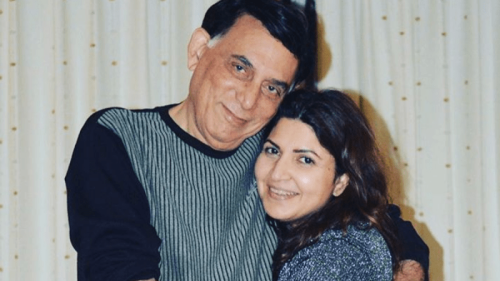
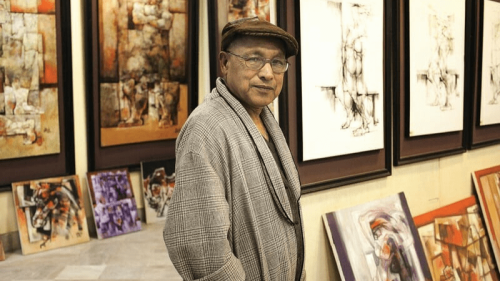
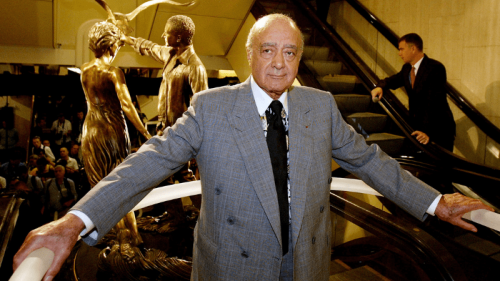














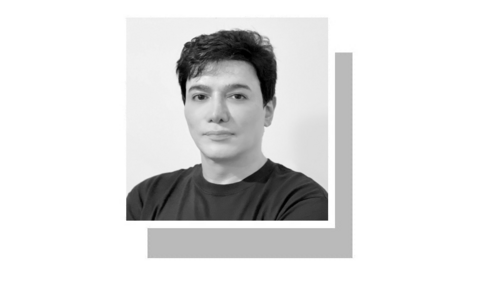




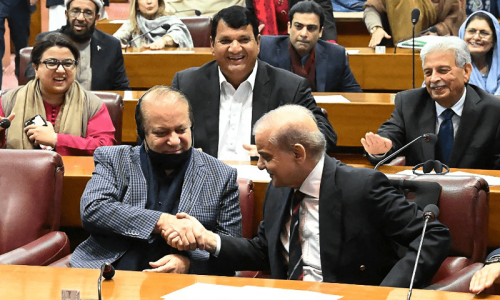



Dear visitor, the comments section is undergoing an overhaul and will return soon.